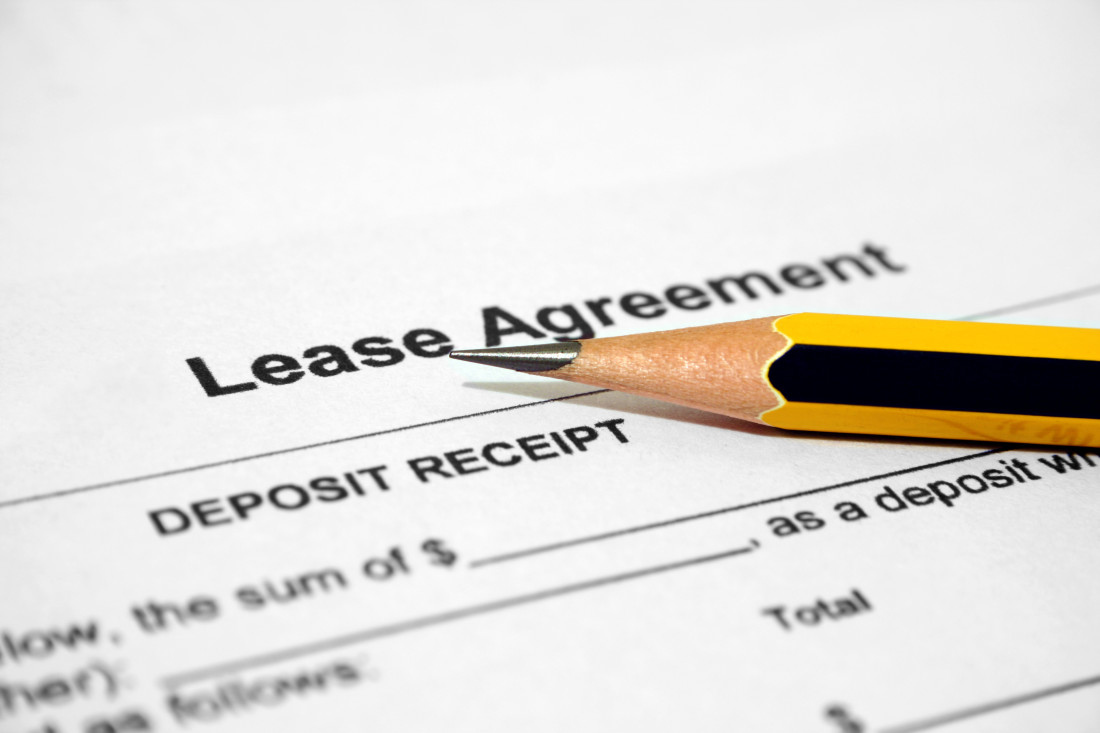Contact Us
Categories
- Kentucky Consumer Protection Act
- Judgment creditors
- Fractional Investment
- Section 1031 transactions
- Investment
- U.S. Supreme Court
- Breach
- Closing
- Closing Disclosure
- Good Faith Estimate
- HUD-1 Settlement Statement
- Kentucky minimum wage
- Lenders
- Minimum wage
- Truth in Lending Act
- “Know Before You Owe”
- Arbitration
- Condemnation
- Dodd-Frank Act
- Home Equity Conversion Mortgages (HECMs)
- Mortgage
- Reverse mortgages
- Zoning Regulations
- Affordable Housing
- Commercial Real Estate
- Economic Development
- Land Use Law
- Landlord
- Lease
- Planning and Zoning
- Property Titling
- Purchase Contract
- Real Estate Law
- Rescission
- Same-Sex Couples
- Tenant
- URLTA
- Agritourism
- Deed
- Drones
- Homeowners Association
- Land Surveys
- LBAR
- National Association of Realtors (NAR)
- Plat
- Property Lines
- Property Survey
- Real Estate Agents
- Rural Areas
- Trulia
- Uncategorized
- Zillow
- Benningfield v. Zinmeister
- Boards of Adjustment
- Building Inspection
- Co-Signing
- Code Enforcement
- Commercial Lease
- Conditional uses
- Condominium
- Deeds
- Dog owners
- Emergency Preparedness
- Emotional Support Animals
- ESIGN
- Exclusive Use Clause
- Federal Housing Administration (FHA)
- Horizontal Property Law
- Inspection
- Insurance Companies
- Insured
- Kentucky Condominium Act
- KRS 383.500
- KRS §258.235(4)
- KRS §383.580
- Loans
- Multi-unit properties
- Natural Disasters
- Occupancy Fraud
- Overlay Zoning
- Screening
- Security Deposit
- Servicers
- Steenrod v. Louisville Yacht Club Association
- The Loan Estimate form
- Title Insurance Policies
- Truth in Lending Statement
- U.S. Department of Housing and Urban Development
- Variances
- Zoning Ordinance Text Amendment
- "Right-of-Way Agents"
- Bluegrass Pipeline
- Boilerplate Language
- Conservation Easement
- Consumer Financial Protection Bureau (“CFPB”)
- Credit Report
- Credit Score
- Easement
- Eminent Domain
- FICO
- General Forms
- Homebuyers
- Kentucky landowners
- Power of Attorney ("POA")
Net Lease vs. Gross Lease: Which is right for me?
In the sale of a commercial property, typically an entire interest in the property is sold for a single price. However, there is no “one-size-fits-all” approach to commercial leases. The difference between a gross lease and a net lease, for instance, can make all the difference. The different types of net lease can add even more confusion to the mix, leading to considerations such as gross lease vs triple net, rather than merely net vs gross lease. For the sake of simplicity, this post will focus on the gross lease and triple net lease, as these are the two most common forms of commercial lease.

Gross Lease
The gross lease is the most tenant-friendly lease type, because the rent is all-inclusive. Most, if not all, of the expenses associated with occupying the property are covered, such as utilities and janitorial services. These leases may also include property insurance and taxes, but these must be carefully negotiated. Additionally, landlords agreeing to these types of leases should consider exceptions for tenants that consume excessive power or otherwise unduly burden the all-inclusive aspect of the gross lease. After all, the point of a gross lease is to benefit the tenant, but without overburdening the landlord.
Triple Net Lease
Conversely, triple net leases are considered to be more landlord-friendly. In a triple net lease, the tenant not only pays rent for occupying the property, but also all taxes, insurance, and maintenance of common areas and services (lobbies, parking lots, janitorial services, etc.). The transaction usually works out like this: the tenant pays a base amount of rent, plus an additional payment of some portion of each of three “nets” of property taxes, insurance and common areas maintenance. Tenants usually only pay a proportionate share of the additional expenses.
Usually the landlord and tenant reconcile the additional rent paid with the amount of actual expenses incurred at the end of each lease year. Tenants must be wary of increases in the amounts of the additional rent, and may negotiate caps to ensure that they aren’t locked into a lease that increases rates to unacceptable levels.
While a triple net lease puts the lion’s share of responsibility on the tenant, there are positives for tenants as well. Tenants can see the business operating expenses transparently in relation to the amount they are charged, which leads to informed decision-making on leasing commercial property. Also, tenants may wind up paying less than they would have paid in a gross lease, which is usually staked high enough to provide a buffer for landlords if overhead costs rise.
Choosing the Right Lease
The difference between these types of leases can be the difference between a successful tenancy and a locked-in state of financial misery. Negotiating these lease terms can be difficult, so when it’s time to decide what sort of lease will benefit either your commercial property investment as landlord or business as tenant the most, it’s best to consult an experienced professional.
Preston Clark Worley is an associate with McBrayer law. Mr. Worley concentrates his practice in real estate, affordable housing, land development, and employment law. He is located in the firm’s Lexington office and can be reached at pworley@mcbrayerfirm.com or at (859) 231-8780, ext. 1201.
Services may be performed by others.
This article does not constitute legal advice.

